Since the beginning of the COVID-19 pandemic, people worldwide have felt the effects of its rapid spread – citywide lockdowns, travel restrictions and strict safety measures.
Yet, its impact does not stop at effects on everyday activities – it has also affected air, water, soil, and carbon emissions. Although the pandemic resulted in improved environmental conditions in many regards, there have been other negative effects primarily centred around waste that are cause for concern.
In this article, we will discuss the ways in which the pandemic stood as a silent killer in more ways than one and highlight the action that can be taken to combat the ongoing destruction it has caused to our planet.
Every minute of the day we throw away 3 million face masks – a truly horrifying statistic that needs to be amended.
The Effects PPE Equipment Has on Soil
The necessity to wear a mask on your way to work, school, the shops and many other activities has led to a large number of used masks and other disposable personal protective equipment being discarded and not properly disposed of.
This has resulted in a continued increase and accumulation of solid waste and contamination of the soil. Moreover, soil contamination due to these items festering in the ground may continue to increase.
It is also highly problematic to encourage ‘single-use’ face masks when it is plausible to wash and reuse a mask to the same standards of hygiene. Additionally, these disposable masks contain a plastic called polypropylene which means they cannot be recycled. Even so, it appears to still be a struggle to even throw these masks into a regular bin.
The Effects PPE Equipment Has on Wildlife
These littered facemasks contribute to the plastic pollution problem that not only contaminates the soil, but also harms wildlife and their habitats. It is easy for animals to become trapped or tangled in the masks or worse still, ingest the plastic as it isn’t biodegradable. These single-use PPE equipment will then break up, introducing more microplastics into the sea and consequently the food chain.
The innovative common coot, a foot-tall, white-faced bird, has been observed in the Netherlands carrying face masks away to build nests—assuming its large, gangly feet don’t become entangled in the mask loops. That has happened, sometimes fatally, to swans, seagulls, peregrine falcons, and songbirds, according to a study in Animal Biology.
Plastic Pollution in 2023
The COVID-19 pandemic has led to an increased demand for single-use plastics that intensifies pressure on an already out-of-control global plastic waste problem. The problems created by PPE litter have arrived at a complicated time in the effort to curb plastic waste. The amount of plastic waste accumulating in the oceans is forecast to triple in the next 20 years, with no real solution on the horizon. If every corporate pledge to use more recycled plastics were kept, the shift would reduce that projected tripling by just 7 percent.
The pandemic has also seen increased production of disposable packaging, as consumers have bought more takeout food, and as bans of single-use plastics, including shopping bags, were suspended because of fears that reusables would spread the virus. At the same time, in part due to cuts in cash-strapped municipal budgets, a third of the recycling companies in the United States have been partially or completely shuttered.
How has Covid-19 Changed Waste Production?
At the onset of the COVID-19 pandemic and with little warning, municipalities suddenly faced unique waste management challenges: massive upticks in daily waste volumes combined with curtailed rubbish collection and cutbacks in recycling. While workplace waste production fell at the pandemic’s height, household waste rose to a degree that offset the decrease in commercial waste. With the exponential increase in the number of ill patients needing treatment, medical waste volumes surged as well.
Many regions struggled to handle the rapid influx of additional waste, which in many cases overwhelmed existing dump sites or landfills, amplifying negative environmental and social impacts. Against this backdrop, the waste management industry is responding with ingenuity, creativity, and resilience.
Manage Plastic Waste With Great Western Recycling
At Great Western Recycling, we manage hazardous and plastic waste efficiently, safely and most importantly, in a manner that is kind to our planet. We cover Bristol and its surrounding areas and continuously strive for zero-waste-to-landfill and achieve our high diversion through implementing waste minimisation, re-using and recycling methods. We are proud to say that we currently recycle more than 90% of all the materials we handle.
We are perfectly suited to handle all your waste needs and help ensure your organisation complies with UK environmental laws and regulations so that we can all do our part to go green.
Get in touch with one of our friendly and professional team members today. Alternatively, take a look at the various sectors we cover to fully understand what it is we do and how we can help.
